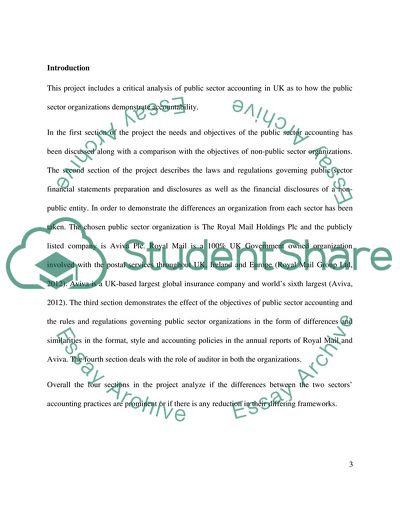Cite this document
(Public Sector Accounting Essay Example | Topics and Well Written Essays - 2000 words - 1, n.d.)
Public Sector Accounting Essay Example | Topics and Well Written Essays - 2000 words - 1. https://studentshare.org/finance-accounting/1764792-public-sector-accounting
Public Sector Accounting Essay Example | Topics and Well Written Essays - 2000 words - 1. https://studentshare.org/finance-accounting/1764792-public-sector-accounting
(Public Sector Accounting Essay Example | Topics and Well Written Essays - 2000 Words - 1)
Public Sector Accounting Essay Example | Topics and Well Written Essays - 2000 Words - 1. https://studentshare.org/finance-accounting/1764792-public-sector-accounting.
Public Sector Accounting Essay Example | Topics and Well Written Essays - 2000 Words - 1. https://studentshare.org/finance-accounting/1764792-public-sector-accounting.
“Public Sector Accounting Essay Example | Topics and Well Written Essays - 2000 Words - 1”. https://studentshare.org/finance-accounting/1764792-public-sector-accounting.


